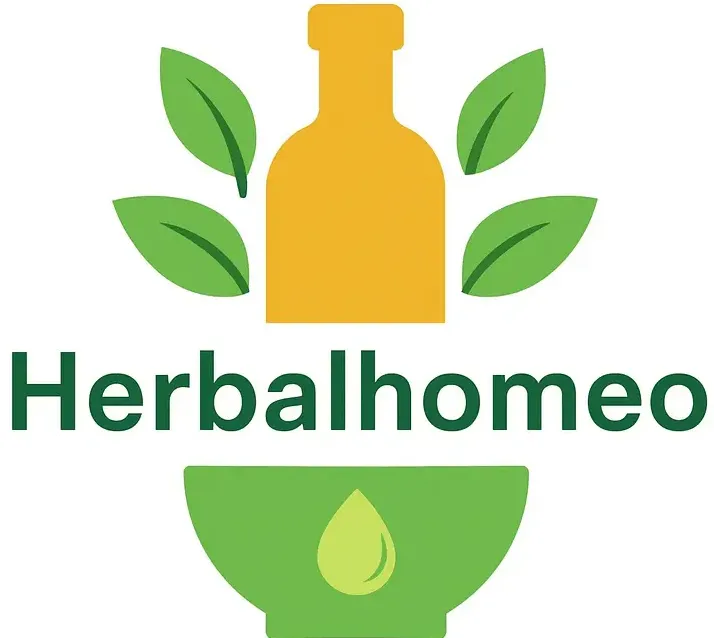What is a Natural Herbalist Alternative to Taking Synthetic Antibiotics?
What is a Natural Herbalist Alternative to Taking Synthetic Antibiotics?
Introduction
Are you tired of dealing with the side effects of synthetic antibiotics? You’re not alone. While antibiotics have undoubtedly saved millions of lives, their overuse has raised concerns about side effects, reduced immunity, and antibiotic resistance. Thankfully, nature provides us with powerful alternatives that are safe, effective, and gentle on the body.
Let’s explore some of the most potent natural remedies that can act as alternatives to synthetic antibiotics.
Why Choose Natural Antibiotic Alternatives?
Avoiding Side Effects
Synthetic antibiotics often come with a laundry list of potential side effects, from nausea and diarrhea to severe allergic reactions. Herbal remedies, on the other hand, are gentler and less likely to disrupt the body’s natural balance.
Supporting the Immune System Naturally
Unlike synthetic antibiotics, which target and kill both good and bad bacteria, natural remedies often work by boosting the immune system. This approach allows your body to fight off infections more effectively.
Reducing Antibiotic Resistance
Overusing antibiotics can lead to antibiotic resistance, making it harder to treat infections in the future. Herbal alternatives help reduce this risk by offering a more sustainable solution.
Top Natural Herbal Alternatives to Synthetic Antibiotics
1. Echinacea Tincture
Echinacea is a well-known immune booster. Its antibacterial and antiviral properties make it a go-to remedy for colds, respiratory infections, and skin wounds. To use, take a few drops of echinacea tincture daily, especially at the onset of illness.
2. Goldenseal Tincture
Goldenseal contains berberine, a powerful compound that fights bacteria and fungi. It’s often used for respiratory infections, digestive issues, and urinary tract infections. Dilute the tincture in water before consuming to avoid irritation.
3. Neem Tincture
Known as a staple in Ayurvedic medicine, neem is packed with antibacterial and antifungal properties. It’s especially effective for skin conditions, gum infections, and even chronic illnesses. Add a few drops of neem tincture to warm water or tea for best results.
4. Fire Cider
Fire cider is a traditional herbal tonic made with apple cider vinegar, garlic, ginger, and hot peppers. It boosts immunity and clears infections naturally. To prepare, combine the ingredients in a jar, let it steep for 4-6 weeks, and strain before use.
5. Elderberry Syrup
Elderberries are loaded with antioxidants and are famous for their immune-boosting effects. Elderberry syrup is particularly useful for combating viral infections like the flu. Take a teaspoon daily during flu season for prevention.
6. Myrrh Tincture
Myrrh has been used for centuries for its antiseptic and anti-inflammatory properties. It’s ideal for treating oral infections, sore throats, and wounds. Use a diluted form for topical applications or add to water for gargling.
7. Turmeric Tincture
Turmeric’s curcumin content is a powerhouse of anti-inflammatory and antimicrobial benefits. This golden spice is excellent for fighting infections and soothing the digestive system. Mix the tincture into your favorite warm beverage for an extra health boost.
8. Colloidal Silver
Colloidal silver is a suspension of silver particles in liquid, known for its antimicrobial action. It can help treat bacterial, viral, and fungal infections. However, moderation is key—stick to recommended doses to avoid toxicity.
How to Incorporate Natural Remedies into Your Lifestyle
Complementing Remedies with a Balanced Diet
Eating nutrient-rich foods strengthens your immune system and enhances the effectiveness of natural remedies. Focus on fruits, vegetables, and whole grains.
Consulting an Herbalist for Personalized Advice
Every individual is unique, and so are their health needs. A qualified herbalist can recommend the right combination of remedies tailored to your situation.
Recognizing the Importance of Consistency
Natural remedies require regular and consistent use to show their full benefits. Make them a part of your daily routine for best results.
Precautions When Using Natural Antibiotics
Understanding Potential Side Effects
Although natural remedies are generally safe, some people may experience mild side effects like allergies or digestive discomfort. Always start with a small dose to test your tolerance.
Avoiding Overuse
Even natural remedies should be used in moderation. Overuse can lead to unintended consequences or reduce their effectiveness.
Knowing When to Seek Professional Medical Advice
If symptoms persist or worsen, don’t hesitate to consult a doctor. Natural remedies are meant to complement, not replace, professional medical care.
Conclusion
Nature’s pharmacy is brimming with alternatives to synthetic antibiotics. By incorporating herbal remedies like echinacea, turmeric, and elderberry into your routine, you can fight infections while supporting your overall health. Ready to give natural remedies a try? Start small, stay consistent, and enjoy the journey to better health.
FAQs
1. What are natural antibiotics?
Natural antibiotics are plant-based or mineral-based remedies with antimicrobial properties that help fight infections.
2. Can natural antibiotics replace synthetic ones?
In mild cases, yes. However, for severe infections, synthetic antibiotics may still be necessary.
3. Are natural remedies safe for children?
Most natural remedies are safe for children, but it’s best to consult a pediatrician or herbalist before use.
4. How long does it take for natural remedies to work?
Results vary depending on the remedy and the individual. Some remedies, like elderberry, may work within days, while others require consistent use over weeks.
5. Do I still need to see a doctor if I use natural remedies?
Yes, especially for serious infections. Natural remedies can support recovery but are not a substitute for professional medical care.



